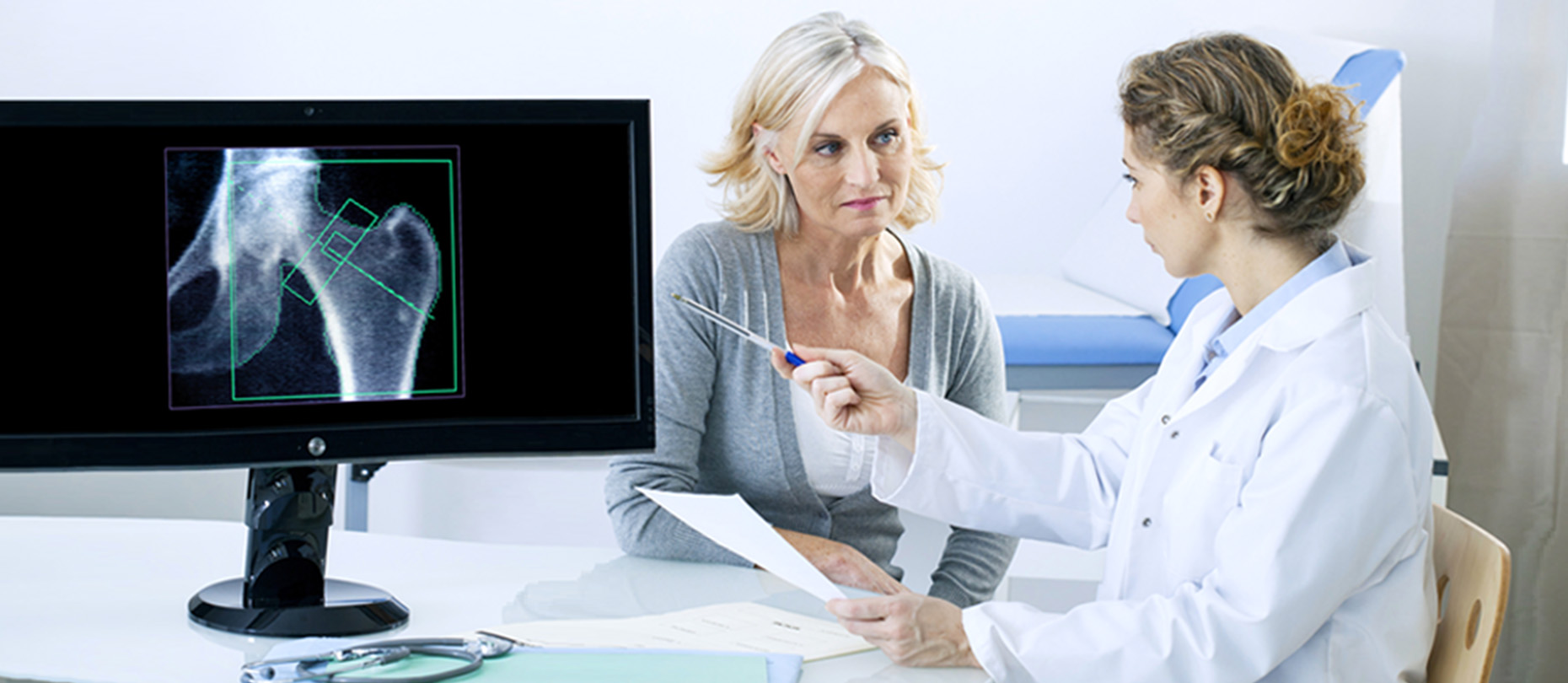For many older people, family, friends and neighbors are the biggest source of support, but you may not understand all the struggles they deal with. Having less independence, adjusting to new health concerns or dealing with social isolation are just a few stressors people experience as they age – factors that can strongly impact physical and psychological well-being.
According to the World Health Organization, aging well means maintaining physical and mental function as you get older. Psychological well-being and physical health are closely connected, and research from Abbott, and Colombia’s Javeriana University and San Ignacio Hospital shows the important role nutrition can play to support aging.
About the Study
The study followed approximately 600 older Colombian adults, many of whom had a recent hospitalization or were managing a chronic disease and were either malnourished or at-risk. Researchers found that a simple and personalized nutrition program, combined with education and daily nutritional drinks for 60 days, had a positive impact on multiple measures related to physical and psychological well-being and overall quality of life.
This was the first and largest study of its kind conducted in Latin America, following older adults living at home. The personalized nutrition program involved a simple, three-step approach:
1. Screening and identifying individuals at risk for malnutrition
2. Providing a customized nutrition action plan, including exercise, nutrition education and the use of nutritional drinks
3. Following up regularly to provide support and reinforce compliance with the program
Participants who followed the personalized nutrition program showed improvements in markers of health, such as nutritional status, muscle mass, body weight and body mass index (BMI), which helped drive other benefits. At least 1 in 3 individuals had compromised baseline status, and among these individuals, significant improvements in cognition, physical functionality, psychological well-being and/or quality of life were reported. Further, the percentage of study participants reporting no problems with mobility and self-care (i.e., bathing, grooming, etc.) increased.
Prioritizing Proper Nutrition
If you haven’t talked with one of those important people in your life about their nutrition, now’s the time. Adult malnutrition is a growing issue, impacting aging and health outcomes. Prioritizing proper nutrition can help improve physical and psychological well-being and overall quality of life with aging. If you have additional questions, are concerned you or your loved ones are at-risk of malnutrition or are interested in ways to improve your diet to support aging, talk to your doctor or seek advice from a dietitian.




Social Share